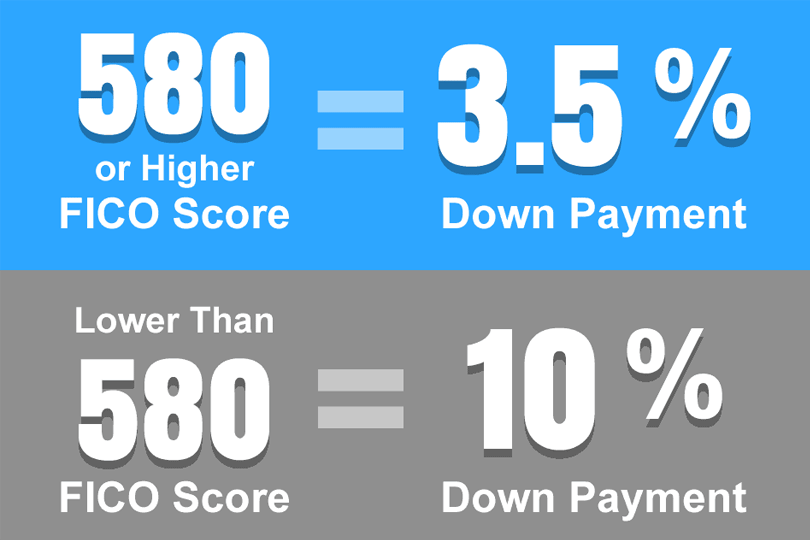Should You Pay Extra to Lower Your FHA Loan Interest Rate?
April 29, 2025
The idea behind discount points is a straightforward exchange: you spend money today to reduce your interest rate. Typically, one point equals one percent of your total FHA loan. In return, your interest rate might decrease by an amount you and the lender agree upon.
Whether this trade-off works in your favor depends on your intended length of homeownership.
Life is unpredictable. Career changes, family growth, or simply a desire for a different environment can lead to a move sooner than anticipated.
If you sell or refinance your loan before reaching the "break-even point" – the moment your cumulative savings from lower payments equal the initial cost of the points – you'll end up in the red.
If your future in the home feels less than certain, that upfront investment in discount points becomes a risky bet.
The money you'd spend on discount points could serve more pressing needs. Perhaps you need a more robust emergency fund, or you have other investment opportunities you want to pursue.
FHA loans are attractive partly because they often require a smaller down payment. However, if you deplete a significant portion of your remaining savings to shave off a tiny bit of interest, you might leave yourself financially vulnerable for unexpected expenses.
The savings from a slightly lower interest rate might pale compared to the total loan cost, including the mandatory mortgage insurance. It depends on your long-term plans.
In such situations, prioritizing cash flow and minimizing immediate outlays often makes more sense.
The current interest rate environment plays a role in this decision. Are interest rates already relatively low at the time? In such cases, the potential savings you'll gain by purchasing discount points might be minimal.
- It could take a very long time for your reduced monthly payments to add up to the money you spent on the points.
- Conversely, in a high-interest-rate market, buying points might be a more compelling option for someone committed to staying in the home long-term.
- Does paying for discount points align with your short-term and long-term financial goals? Are you confident in your long-term plans for the property?
- How comfortable are you with parting with the cash upfront at closing time?

FHA Loan Articles
March 25, 2025What does it take to sell a house purchased with an FHA mortgage? Are there special rules, restricrtions, or added considerations? We examine some key questions and their answers to FHA real estate sales issues.
March 24, 2025If you are selling a home, you may need to negotiate with buyers to fund their purchases with an FHA mortgage. What do you, as a seller, need to know about FHA mortgages and how they may differ from conventional loans? We examine some common issues.
March 24, 2025How much do you really know about how FHA home loan interest rates are set and what factors influence them before your lender makes you an offer? We explore some key points about FHA loan rates, FICO scores, and debt ratios.
March 11, 2025Adding a co-borrower to your FHA is a way to offset fears that you won't qualify for the mortgage on your own. An FHA loan co-borrower with a more substantial financial profile may offset the primary borrower's weaknesses, demonstrating a reduced risk to the lender. But for an FHA loan, don't assume that one borrower with good credit scores can offset one with non-qualifying scores. We ask 20 questions about co-borrowing to help you better plan for your FHA loan.
March 10, 2025Even if you aren’t considering your home loan options right this second, it’s smart to know your options if you decide to pursue a new home later. To that end, using a mortgage calculator is a smart choice for setting some basic budgeting parameters as you plan your path toward home ownership. A mortgage calculator helps you plan for future financial scenarios, such as buying new or refinancing a current home.







